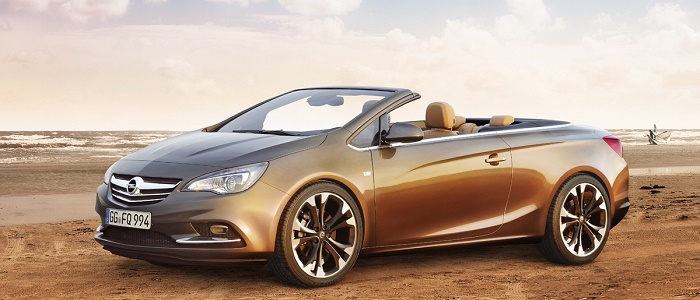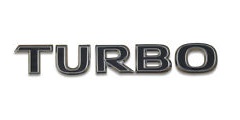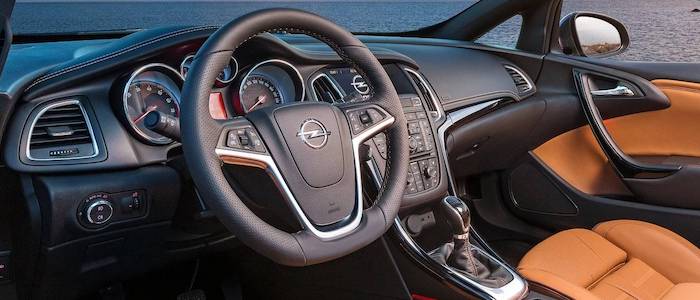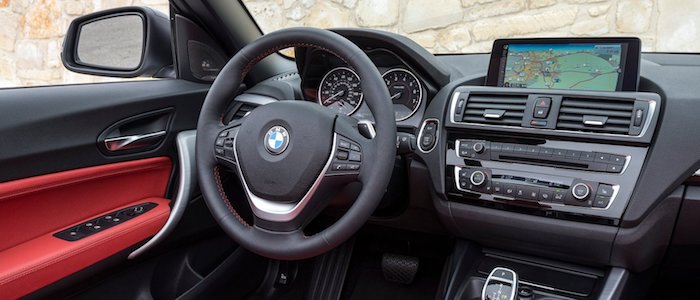Compare two cars
Compare any two cars and get our Virtual Adviser™ opinion
Dimensons & Outlines
Check a car with 30% off a report
Engine
1.6 A16SHT
Performance (manual gearbox)
Performance (automatic gearbox)
Expenses
Virtual Adviser's™ opinion
Two significantly similar cars, no doubt about that. Still, each one has something different to offer. Having both cars powered by petrol engines and utilizing the 2-door cabriolet body style within the same 'Sports car' segment, the only major difference here really is their wheel drive configuration (front for the Opel and rear in the case of the BMW). The first one has a Opel-engineered powertrain under the hood, a 4-cylinder, 16-valves 200hp unit, while the other one gets its power and torque from a 4-cylinder, 16-valves 184hp engine designed by BMW.
SafetyUnfortunatelly, neither of the two vehicles was submitted to the European New Car Assessment Programme (Euro NCAP) testing. This makes it virtually impossible for me to pick one over the other and I'm generally against buying such cars as the safety should really always come first. Still, apart from the official crash test results there are other things we need to be aware of. Both vehicles belong to the sports car segment, which is generally classifying them somewhere in the middle safety-wise, still it doesn't help us solve our dilemma, does it? Furthermore, if we'd like to consider vehicle mass in this context too, which we definitely should, Cascada offers a considerable difference of 10% more metal.
ReliabilityReliability is not the best thing to consider on the make level, but it is worth mentioning that Opel does have a slight advantage, at least on all of the models level. These are the official statistics, while our visitors describe reliability of Opel with an average rating of 4.2, and models under the BMW badge with 4.1 out of 5. Unfortunatelly, I don't have enough insight that would allow me to comment in more details on the specific models level. That apart, owners of different cars powered by the same engine as Cascada rank it on average as 4.0, while the one under the competitor's bonnet gets 3.5 out of 5.
Performance & Fuel economyBMW is undoubtly more agile, reaching 100km/h in 1.7 seconds less than its competitor. Still, it lacks the power to win the top speed competition, topping at 231 kilometers per hour, 4km/h less than the other car. When it comes to fuel economy things look pretty much the same for both cars, averaging around 6.6 liters of fuel per 100 kilometers (43 mpg), in combined cycle.
Verdict
Opel appears just a bit more reliable, although the difference is truly marginal. The most important thing when deciding between any two vehicles should always be safety, both passive and active. In my opinion, everything taken into account, Cascada offers significantly better overall protection, taking the lead here. From there things take a different direction, with BMW offering somewhat better performance, just enough to call it quicker. To make things even better, it consumps less fuel! At the end, as much as I'd like to give you a winner here, it's simply a pure tie if you ask me. Nevertheless, let's not forget that people have different preferences and needs, so what really counts is your personal feel. I'm only here to help. In case you have two minutes to spare I invite you to define your needs, desires and budget and see which car would be chosen by the virtual adviser™, out of 12.000+ vehicles we currently have in our database.
































